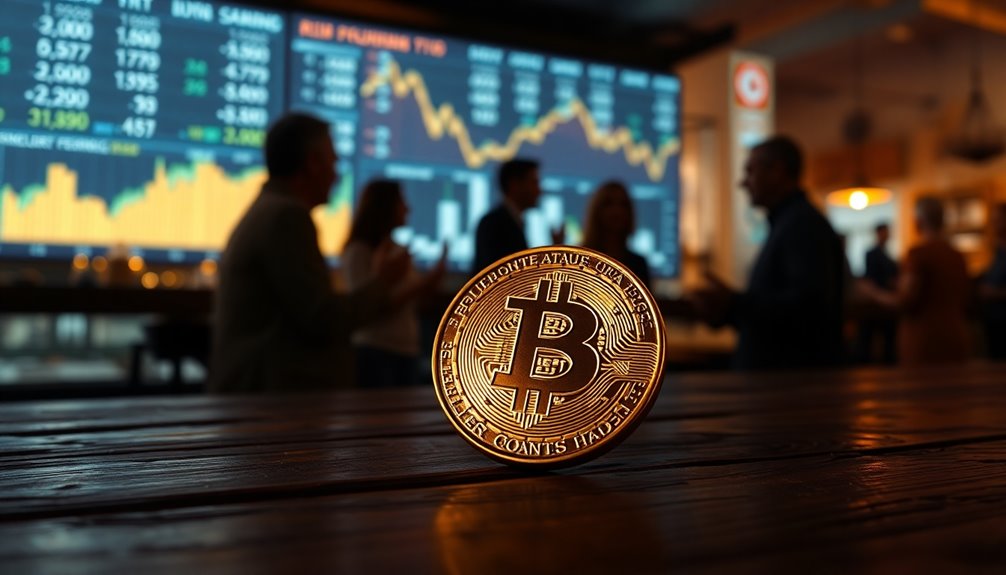You know that Bitcoin's appeal is growing, especially among institutions. But have you considered the implications of its limited supply? Bitwise highlights a crucial point: Bitcoin will only be acquired from willing sellers. This scarcity creates unique challenges for buyers, influencing market dynamics and pricing. As demand rises and sellers become harder to find, what does this mean for the future of Bitcoin as an investment?

As Bitcoin adoption accelerates, you might wonder how the dynamics of ownership are shaping the market. A staggering 69.4% of Bitcoin's supply is held by individual investors, indicating a strong grassroots movement. This individual dominance contrasts sharply with institutional holdings, which make up only about 6.1% of the total supply.
While institutions like BlackRock are beginning to show interest, they face significant challenges in acquiring Bitcoin. With only 5.7% of Bitcoin left to be mined, the limited supply constraints are tightening, making it increasingly difficult for institutional buyers to find willing sellers.
The implications of these ownership dynamics are fascinating. As more individuals embrace Bitcoin, the market becomes less volatile, thanks to a shift toward fundamental investing. With Bitcoin adoption reaching 300 million users faster than the internet and mobile phones, you're witnessing a rapid transformation.
By 2030, projections suggest that Bitcoin's user base could swell to several billion, further solidifying its role in global finance. This is particularly relevant for transactions where parties can't agree on a currency, showcasing Bitcoin's potential as a universal medium of exchange.
However, the growing institutional demand raises questions about supply and pricing. When institutions seek to acquire Bitcoin, they must find sellers willing to part with their assets. This challenge can create upward pressure on prices, especially as a significant portion of Bitcoin—about 7.5%—is considered lost, further limiting the available supply.
With the wallet associated with Satoshi Nakamoto holding around 4.6%, the stakes are high for institutions trying to establish a foothold in this market.
Investors often look at supply and demand dynamics to determine Bitcoin's value. With its fixed supply, you'd find that Bitcoin's price is largely influenced by how much people are willing to pay for it. Many compare Bitcoin to gold, not just in terms of market size but also in potential value.
As institutional interest grows, it could lend further legitimacy to Bitcoin as an investment asset.









